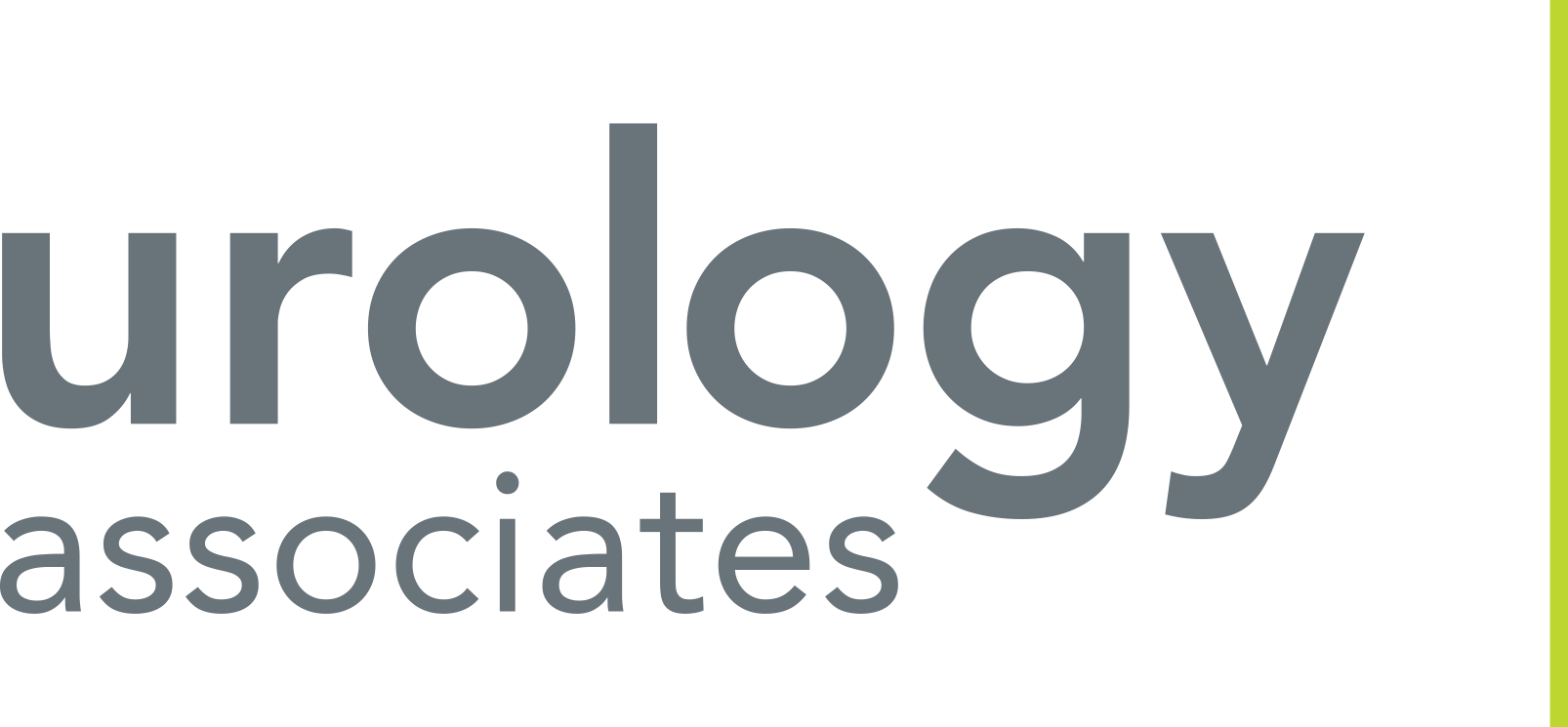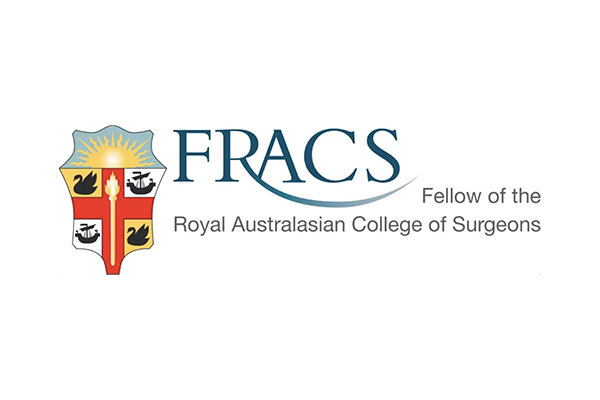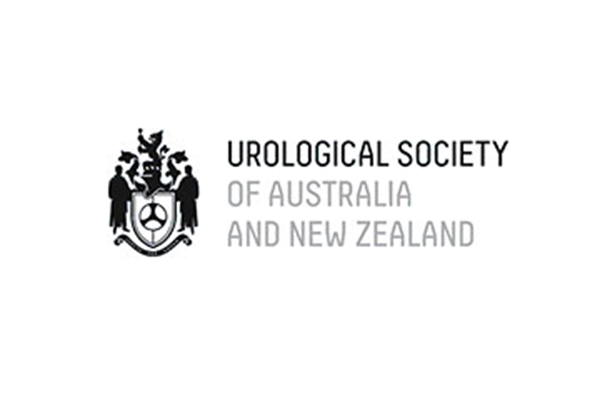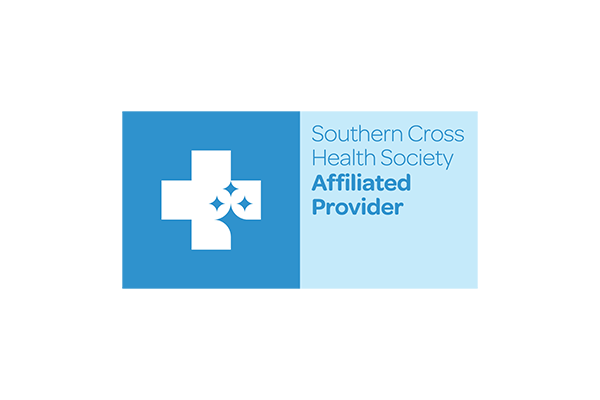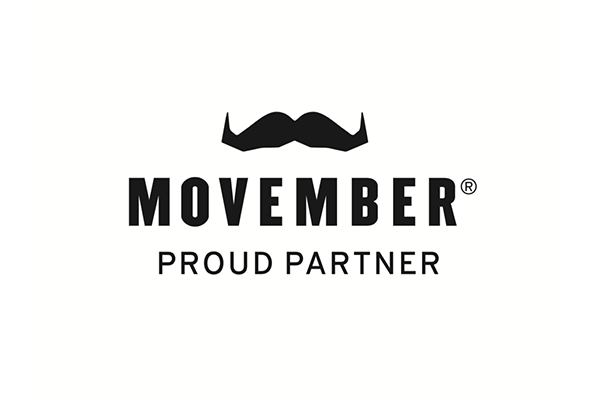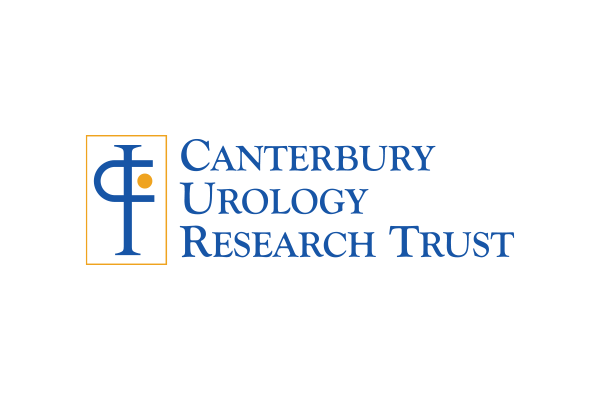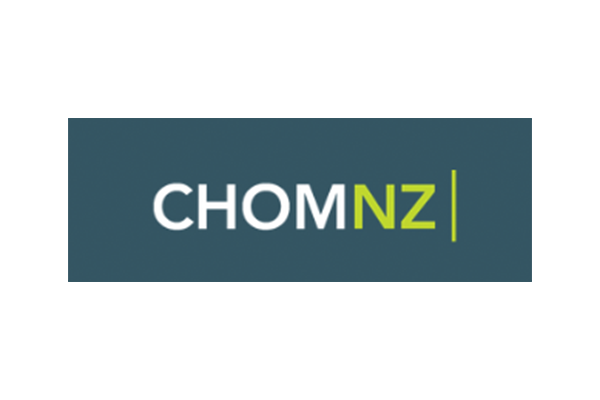Incontinence
Incontinence and prolapse are distressing and serious health issues. If they're affecting your ability to enjoy life, you are not alone. We provide a high level of expert and compassionate care to help you regain confidence and peace of mind.
Bladder weakness is most common in women aged 30-70, especially after having children. Unfortunately many people are too embarrassed to seek help or think that "leakage" is normal. It is not! There are many ways of improving your urinary incontinence problem that do not involve surgery, although sometimes this is necessary.
Whether you suffer from leakage with activities such as running or coughing, or leak when you have to rush to the toilet, Urology Associates can help. You do not have to put up with it.
Our continence nurse specialist can help with pelvic floor exercises, bladder retraining and electrical stimulation therapy. Our urologists have a range of medical and surgical treatments available (for women this includes TVT sling or rectus fascia sling). You may either ask your doctor to refer you to Urology Associates or phone us directly to receive help.
Diagnosis
There are two main types of incontinence. The first is stress urinary incontinence - leakage associated with activity such as coughing, sneezing, running and jumping.
The other is urge incontinence or an overactive bladder - where you may think you have to go now: rush to the toilet but don't make it in time.
Conservative measures, such as pelvic floor exercises and bladder retraining may be right for some women and are worth trying as a first-line treatment. Your GP or our continence nurse specialist can help with this.
If exercises and bladder retraining don't make a difference, it is time to see a urologist. They may carry out one of the diagnostic procedures below to help determine the best treatment options.
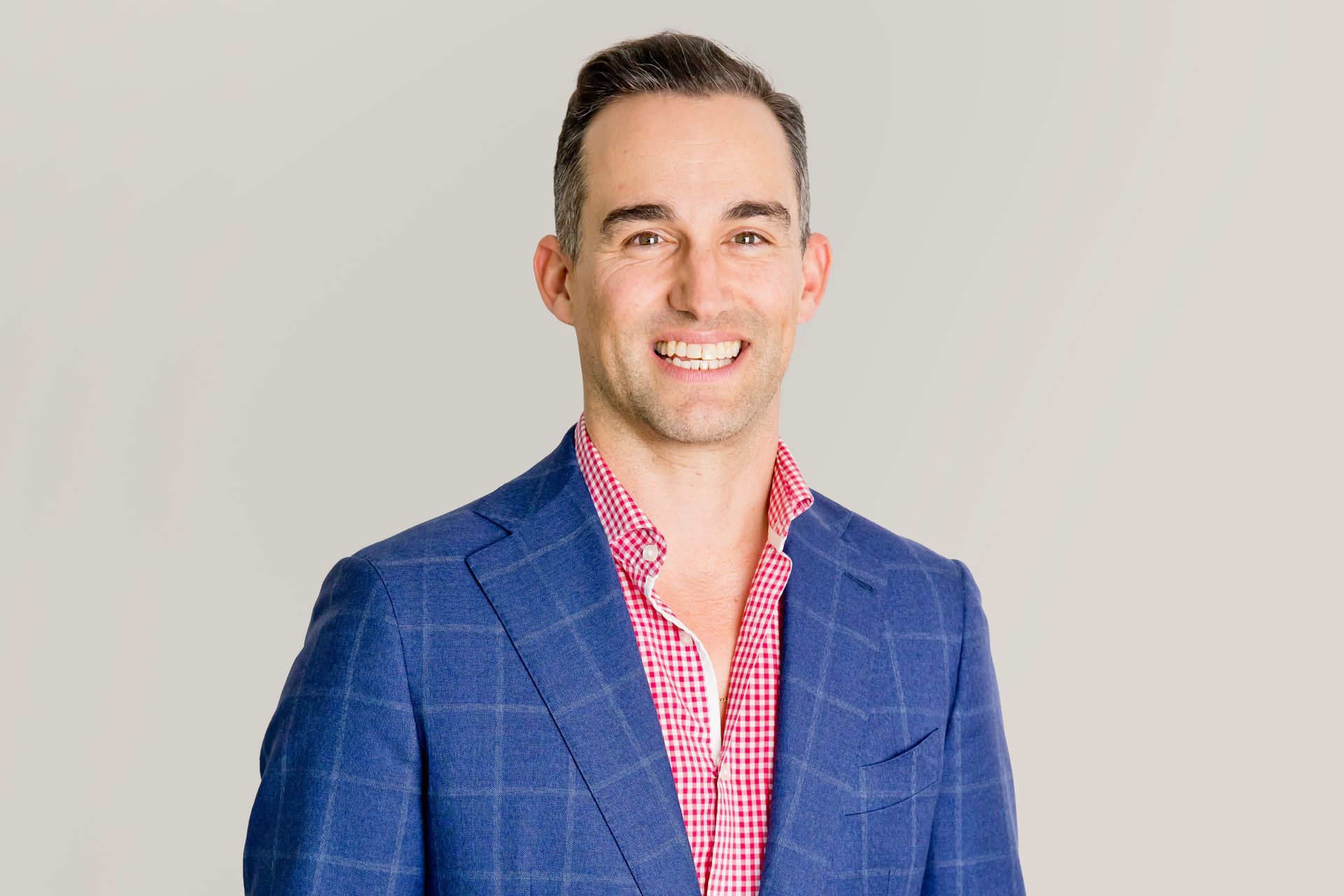
Resource Downloads
Urology Associates offer a range of downloadable materials tailored to address various urological concerns. Whether you are seeking information on prostate cancer, sexual dysfunction, female urology, pelvic health, or pediatric care, our comprehensive resources are designed to empower and educate.
Management & treatment
TVT sling (tension-free vaginal tape)
The TVT sling is an operation to treat stress urinary incontinence for women. It is a simple overnight procedure that has excellent success and a fast recovery time. It uses a thin strip of mesh that forms a "hammock" to support the urethra (water pipe).
Pubovaginal sling (rectus fascial sling)
A rectus fascia sling (or pubovaginal sling) is an alternative to the TVT - it uses the natural tissue from your own abdominal wall to support the urethra (water pipe) and therefore avoids the use of mesh and any risks associated with that. Urology Associates is the only group in the South Island offering non-mesh surgery for stress incontinence.
Bulking agent injection (Bulkamid)
An injection of a bulking agent, such an Bulkamid, around the neck of the bladder (where the urethra or water pipe connects to the bladder) is a very simple day surgery procedure for stress urinary incontinence. It provides another alternative to mesh surgery, has very minimal side effects and you can return to full activity by the next day. Urology Associates is the only group in the South Island to offer this procedure.
Botox for overactive bladder
For an overactive bladder there are oral medications which can help. Sometimes, if these are not effective, your urologist may recommend Botox injections into the bladder. It is a simple, quick, office procedure given using a
flexible cystoscope.
Artificial urinary sphincter
For very severe forms of stress urinary incontinence an artificial urinary sphincter is sometimes required, usually once other treatment options have been exhausted.
Continence NZ is a non-profit organisation supporting people with incontinence. Visit their website for more information and resources.
Tips to help control urinary incontinence
Liquids
Reduce or stop drinking caffeinated and carbonated drinks such as coffee, tea and soft drinks
Exercise
Get some exercise every day - try to do moderate activity at least 30 minutes a day most days
Pelvic exercise
Try pelvic floor exercises to strengthen your pelvic muscles
